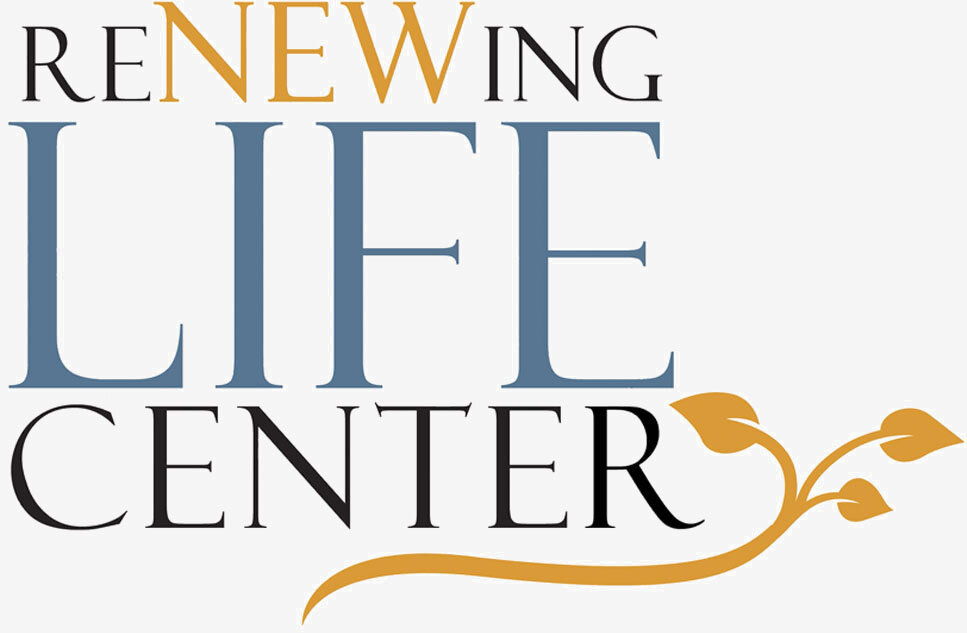Cultivating Compassion Through The Enneagram
My son was eleven years old and a pretty good Little League baseball player. His team was down by one run, two of his teammates were on base, and he came up with two outs. I’m no baseball expert but sitting in the stands I knew the game was on the line and my son was about to leave a hero or in tears.
He struck out and … my heart broke. I knew he was angry at himself, but I felt so sorry for him. My heart was filled with compassion.
Here’s what I’ve noticed: I feel compassion for other people, but rarely for myself. When it’s me, when I’m the one who fails or screws up or just isn’t good enough, I have no compassion. I am just self-critical. I’m guessing you might do the same thing.
Why is that? I think it’s because with other people we understand and extend grace, but we don’t understand and extend grace to ourselves. That’s part of the power of the Enneagram.
I’ve been doing a series of articles on the Enneagram personality tool – this is the fourth and last. In the past few, I’ve introduced the Enneagram, helped you to know which type you probably are, and shared the signature lies and sins of each type with a plan to grow beyond them. This time I’m hoping you can see how the Enneagram can help you cultivate compassion for yourself and others.
The Enneagram is unique compared to other personality tests in that it deals not just with external behavior but with what’s happening inside a person and why – what led that person to create those personality patterns. The idea behind the Enneagram is that in childhood we get hurt and don’t like it. We decide we need to protect ourselves – which we each do in different ways. Those ways help shape our personality types.
· It could be you grew up with an overbearing mother and you found the best way to deal with it was to escape and live in a world of ideas instead of people. That might lead you to become an Enneagram type Five.
· You may have grown up in a chaotic home and you decided the best way to deal with it was to try to keep the peace. That could lead you to become an Enneagram type Nine.
· Perhaps you had a father who required you prove yourself to him. His love was conditional on your performance and you decided you would be successful enough to win his love. That would easily lead you to become an Enneagram type Three.
· If you felt neglected by your parents, like you were invisible, it may have led you to feel like there was something fundamentally flawed about you. This could lead you to worry about never belonging or that you will be abandoned again. It might make you feel like you need to be unique and different, so you stand out. That’s an Enneagram type Four.
How can this help you have compassion on yourself?
· If you’re an Enneagram type Five and hate how you isolate yourself, think about why you cope with stress that way. Have compassion on yourself and think about the experiences in your life that led you to react this way.
· If you’re an Enneagram type Three who feels like you have to give the appearance of success at any cost and you hate yourself for it, consider why you are that way. It doesn’t excuse wrong behavior on your part, but it should give you some understanding and some empathy.
When you look carefully at your story, the past you lived and the people who influenced it, it can help you understand yourself and have some compassion.
It can also cultivate compassion for others. Your spouse, or friend, or child might be an Enneagram type One. He or she is a perfectionist with high standards. Ones tend to be critical when others don’t meet their expectations. That’s probably frustrating for you, which is understandable. By learning the Enneagram, you begin to realize that there is a reason your spouse/friend/child is the way he or she is. Their perfectionism is potentially the product of childhood pain. Ones are self-critical and the main recipient of their judgmental critiques is themselves. Understanding all of that can help turn your frustration into compassion.
A life where you have more compassion on yourself and others is the life you want to be living. Digging into the Enneagram, on your own or with a therapist (we have a great team at Renewing Life Center– consider making an appointment) can help you cultivate compassion and move closer to the life you want to be living!

